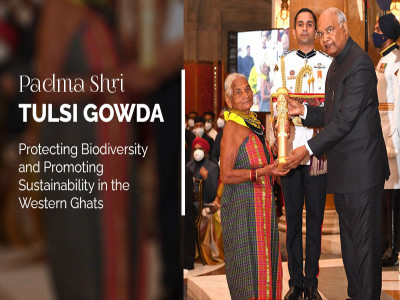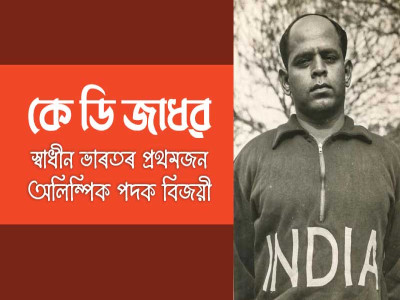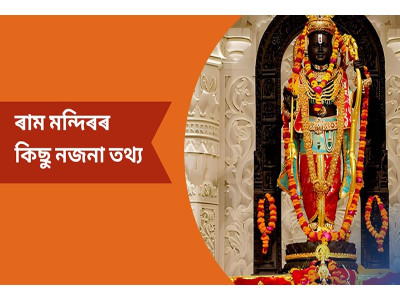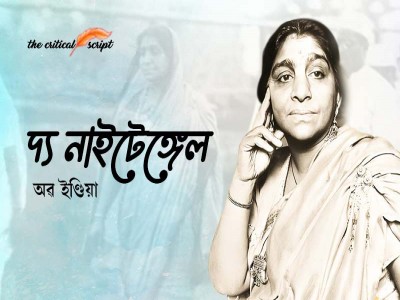
Portrayal of Nationalism in Indian movies
The portrayal of Nationalism in Indian movies differed from time to time. If we take a glance at our early films we tend to realize that Hindi cinema has played a big part in helping Indians imagine an entity binding them together, i.e. the Indian Nation.
The Earlier Trends
If we
consider the early movies that were made, we realize that Hindi cinema has
played a big part in creating a bond of oneness. Most of the movies that were
made during the first couple of decades after independence show a strong
influence of Nehruvian socialism which was deeply invested in the idea of a
deep sense of nationalism that’s all inclusive.
A few relevant films from the era that made a great impacting context of true Nationalism were- Andaz (1949), NayaDaur (1957), Mother India (1957), and Howrah Bridge (1958).
These films
were most certainly true to India’s first prime minister Pt. Jawaharlal Nehru’s
ideals of modern India—developing cities, roads, dams, bridges, doctors, and
engineers being the emblem of modernity.
However,
there is no denying that the Indian film Industry experienced a metamorphosis
of sorts around the ‘90s. Well, if we analyze Hindi cinema closely, we observe
that the 1990s proved to be the tipping point with Nehruvian socialism making
way for economic liberalization in India.
As the Indian economy gradually opened up to the world, the Hindi cinema started catering to the growing influence of the Indian diaspora. Later on, filmmakers like Vishal Bhardwaj, Anurag Kashyap, and Tigmanshu Dhulia made efforts to make films set in the Hindi heartland.
Representation of “Otherness”
However, in
the recent years, this industry witnessed a new wave of Nationalism. So, how is
this new brand of nationalism different in comparison to the kind of
nationalism previously seen in the earlier times or the films that followed
them over the decades?
Well, one
clear difference is that the majority of the nationalistic films made today
tend to embrace an extreme form of patriotism that can best be described as
‘jingoistic’ in nature.
There are
many troubling concerns with jingoism but none more worrisome than the fact
that it can often lead to “Alienation” of certain communities.
Some of the
most prominent examples that are worth mentioning are- Padmaavat (2018), Kesari(2019), and Tanhaji (2020). These films celebrate the valor of the Sikhs, the
Rajputs, and the Marathas, respectively. But the primary antagonists are either
Muslims or Hindus serving Muslims.
Therefore, consciously or unconsciously, these films tend to alienate one particular community by portraying them as the other (evil/villain). In fact, a lot of critics have accused these films of promoting Islamophobia. This is in great contrast to all those nationalistic films that featured Manoj Kumar, Raj Kumar, and Nana Patekar.
The Bottom Line
The
Nationalism that is being promoted today is a distortion and polarisation of
the historical narrative. Jingoism maybe selling well for now but it’s
certainly not a healthy routine to follow in the longer run.
Indian Cinema are not
solely politically motivated, nor are they entirely devoid of
nationalist/anti-colonialist content; however, they are ideologically loaded. Many
critics suggest that many Indian movies today endorse nationalist projects that
centralise the ideal upper middle-class Hindu male and mark the Muslim man as a
sexualized, violent other.
For obvious
reasons we don’t want our cinema to just have local and ephemeral relevance. We
want our films to travel and travel well. But that will only happen if our subjects
are objectively backed up by a strong historical research. There is no denying
that watching a film like Tanhaji can be great fun but its unbalanced politics
and the misrepresentation of history isn’t something to be proud of.
Disclaimer: The opinions expressed in this article are those of the author's. They do not purport to reflect the opinions or views of The Critical Script or its editor.

Newsletter!!!
Subscribe to our weekly Newsletter and stay tuned.

















Related Comments